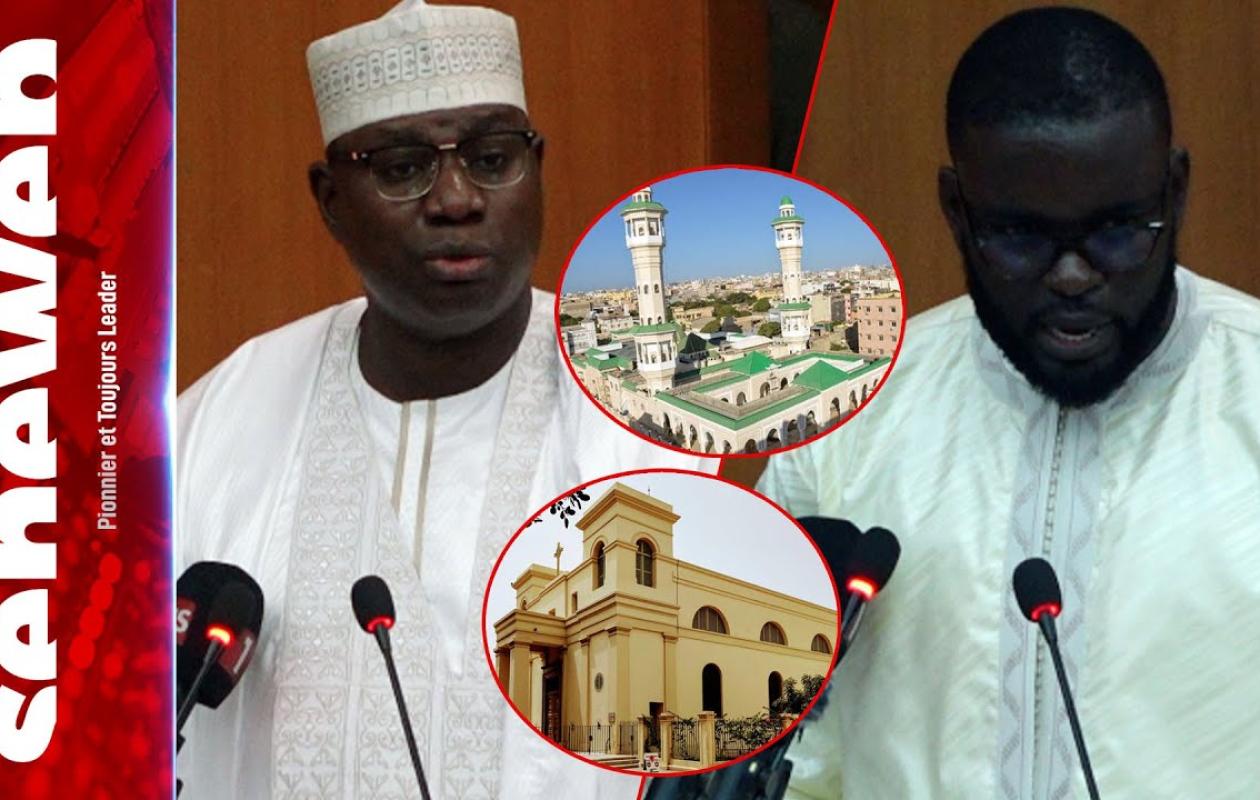
L’État trace une nouvelle feuille de route pour faire des villes religieuses des pôles urbains modernes et compétitifs
The Senegalese government reaffirmed its commitment to transforming religious cities into truly modern, sustainable and competitive urban centers during a national workshop dedicated to the planning and modernization of these strategic cities for social cohesion and territorial development.
Amdy Moustapha Mbacké, coordinator of the National Program for the Development and Modernization of Religious Cities (PNAMVR), highlighted the historical significance of the project, which is part of the Senegal 2050 Vision.
Combining heritage and modernity
The ambition of the program, according to Mr. Mbacké, is clear: "Our ambition is to combine heritage and modernity, to preserve the essence of our religious cities while providing them with infrastructure adapted to the social, environmental and economic requirements of our time."
He noted that several major initiatives are already underway, including the rehabilitation of religious buildings, landscaping, the installation of public facilities, and the gradual modernization of 12 key religious cities. The workshop aims to institutionalize a structured dialogue between the State, religious authorities, local governments, experts, and financial partners in order to define a shared and realistic path forward.
Vital hubs for national identity
The Minister of Urban Planning, Moussa Balla Fofana, praised the vital importance of these cities which, beyond their spiritual role, have become centers of demographic and economic attraction.
Referring to symbolic centers such as Touba, Tivaouane, Medina Baye, Ndiassane, Thiénaba, and Madinatoul Salam, he emphasized their unique place in national development. "These cities are not mere localities. They structure our identity, our economy, our cohesion. They welcome millions of pilgrims each year and stimulate the national economy like no other region," Mr. Fofana stated.
The minister warned of growing challenges, such as rapid urbanization, pressure on resources, and issues of sanitation, mobility, security and climate adaptation.
Four pillars for a visionary strategy
The project is presented as a structured and visionary national program, whose acceleration is based on four essential pillars, focused on transmission and transparency, and a shared diagnosis to identify priority challenges and opportunities in a participatory manner.
Regarding operational recommendations, Mr. Fofana invited stakeholders to propose concrete actions in the areas of urban governance, infrastructure and equipment, mobility and opening up, environment and resilience, security and management of large gatherings.
For Mr. Fofana, the modernization of religious cities is not merely a territorial ambition. It is a strategic lever for the national economy, particularly for local entrepreneurship, crafts, religious tourism, youth and women's employment, and urban innovation. "Modernizing these cities means strengthening national unity, enhancing our heritage, and creating new opportunities for future generations."
The minister concluded by calling on technical and financial partners, local authorities, religious authorities and researchers to continue their commitment to supporting the transformation of these religious centers into models of balance between spirituality, sustainability and modernity.
Commentaires (3)
Participer à la Discussion
Règles de la communauté :
💡 Astuce : Utilisez des emojis depuis votre téléphone ou le module emoji ci-dessous. Cliquez sur GIF pour ajouter un GIF animé. Collez un lien X/Twitter ou TikTok pour l'afficher automatiquement.